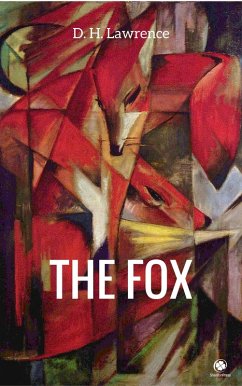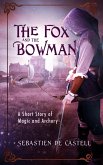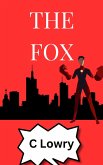The fox becomes a hindrance to Banford and March, but March finds she cannot hunt it, and rather, she becomes entranced by it. Shortly after this, Henry, a young man, comes to stay with the women, and a link is established between the fox and Henry.
This intriguing novella explores gender roles, sexuality, femininity, and the pity of war, as do two other Lawrence novellas written at the same time, The Ladybird and The Captain's Doll.
Dieser Download kann aus rechtlichen Gründen nur mit Rechnungsadresse in A, B, BG, CY, CZ, D, DK, EW, E, FIN, F, GR, H, IRL, I, LT, L, LR, M, NL, PL, P, R, S, SLO, SK ausgeliefert werden.









